Embassy in Kabul packs up as troops prepare to leave
Scott Morrison has confirmed Australia’s embassy in Afghanistan will close on May 28 following the pullout of our last 80 troops from the country.
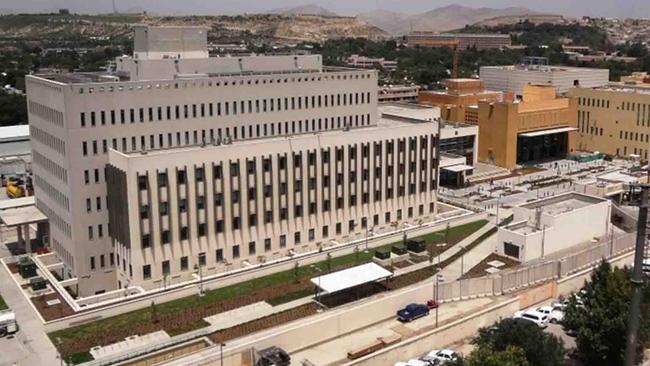
Australia is packing up its embassy in Kabul less than six weeks after the government announced it would pull its last 80 troops from Afghanistan and promised a “new chapter” in the bilateral relationship.
Following a report in The Australian on Tuesday morning, Scott Morrison confirmed Australia’s embassy in Afghanistan will close on May 28 following the government announcement it would pull its last troops from the country.
Mr Morrison and Foreign Minister Marise Payne said Australia would revert to the pre-2006 model of diplomats visiting Afghanistan from a residence in another part of the region. But the government expected a permanent bricks-and-mortar presence would be established in Kabul “once circumstances permit”.
“This form of diplomatic representation is common practice around the world. It does not alter our commitment to Afghanistan or its people,” the statement said.
“The departure of the international forces and hence Australian forces from Afghanistan over the next few months brings with it an increasingly uncertain security environment where the government has been advised that security arrangements could not be provided to support our ongoing diplomatic presence.”
Mr Morrison and Senator Payne said Australia remained committed to an ongoing bilateral relationship with Afghanistan and supporting the stability and development of the nation.
“Australia is proud to have worked over the past 20 years to assist Afghanistan in protecting itself from exploitation as a base for terrorist groups, to address inequality, and to contribute to improvements in the rights and livelihoods of women and girls,” the statement read.
Private security companies have been notified that their contracts are to end next month, and most Australian diplomats to be out of leased buildings inside the capital’s fortified diplomatic zone in the next fortnight.
The US embassy is understood to be finalising plans to expand its Kabul compound, with an eye to accommodating allied diplomatic missions, even as it too reduces in-country diplomatic staff.
This month, Senator Payne met Afghan President Ashraf Ghani in Kabul to reaffirm Australia’s continued “support for the people of Afghanistan”, and its commitment to a “new chapter” in the bilateral relationship in the wake of the military withdrawal.
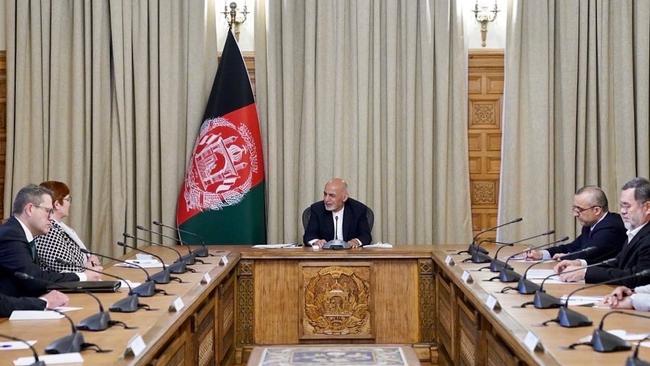
“We will continue our close friendship, and support our shared aspiration of peace, stability and prosperity,” Senator Payne said in a statement.
Ahmad Shuja Jamal, Afghan director general for international affairs at the National Security Council, said security conversations were “ongoing” between the government and all foreign embassies in Kabul, and that “bilaterally or through allies such as NATO, Afghanistan is addressing any concerns from our allied embassies”.
Mr Jamal would not comment on the Australian embassy plans.
“Afghanistan is serious about ensuring the security of diplomatic missions in Afghanistan,” Mr Jamal said.
“The Afghan government wants to maintain all our diplomatic relationships.
“Unlike the Taliban, we are not a pariah government and have diplomatic arrangements with governments from Australia to Bangladesh and beyond and we would like to maintain these friendly relations.”
Australia had little option but to end its military involvement in Afghanistan after US President Joe Biden announced last month he would pull the last 2500 American troops from the country by September 11, drawing America’s involvement in the long-running conflict to a close.
A US Defence Department report released last week found a 37 per cent surge in attacks on Afghan security forces by the Taliban in the first quarter of this year, and warned that large-scale attacks on provincial capitals should be expected.
Australia only re-established an embassy in Afghanistan inside the US compound in 2006, and opened its own independent embassy five years later. But the deteriorating security situation in Afghanistan in recent years has made it one of Australia’s most expensive overseas missions.
Mahmoud Saikal – a former Afghan deputy foreign minister, UN ambassador and the first resident Afghan ambassador to Australia – said that withdrawing the embassy or moving it into the US compound would represent a “setback in bilateral relations”.
“We see Australia as a more neutral country with its own vision for the region, so to operate from within the US embassy compound would be to operate in the shadow of the US,” Professor Saikal said.
He lobbied hard for Australia to open its Kabul embassy.
“Despite some mistakes, a lot of good things have happened in Afghanistan in the last 20 years and the Australian taxpayer has been part of that,” Professor Saikal said.
“It’s important to keep an eye on these gains.”
Uncertainty over the embassy’s future has only compounded the fears of 12 locally engaged embassy staff, and 45 Afghan interpreters for the Australian Defence Force and Department of Foreign Affairs and Trade, who are seeking relocation to Australia with their families.
Faheem, an ADF interpreter in Oruzgan and Helmand provinces from 2014 to 2019, said he received approval last year to come to Australia with his wife and four children.
But the process had ground to a halt.
“Nobody is answering our emails now,” said Faheem, who is living in hiding because of Taliban death threats.


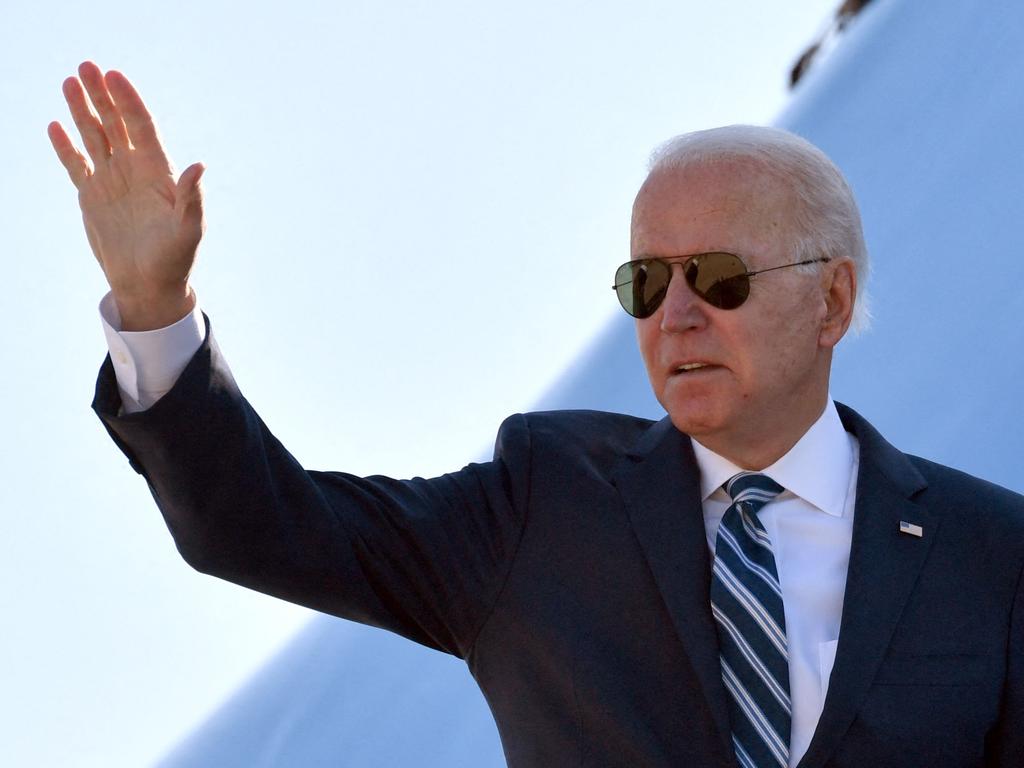
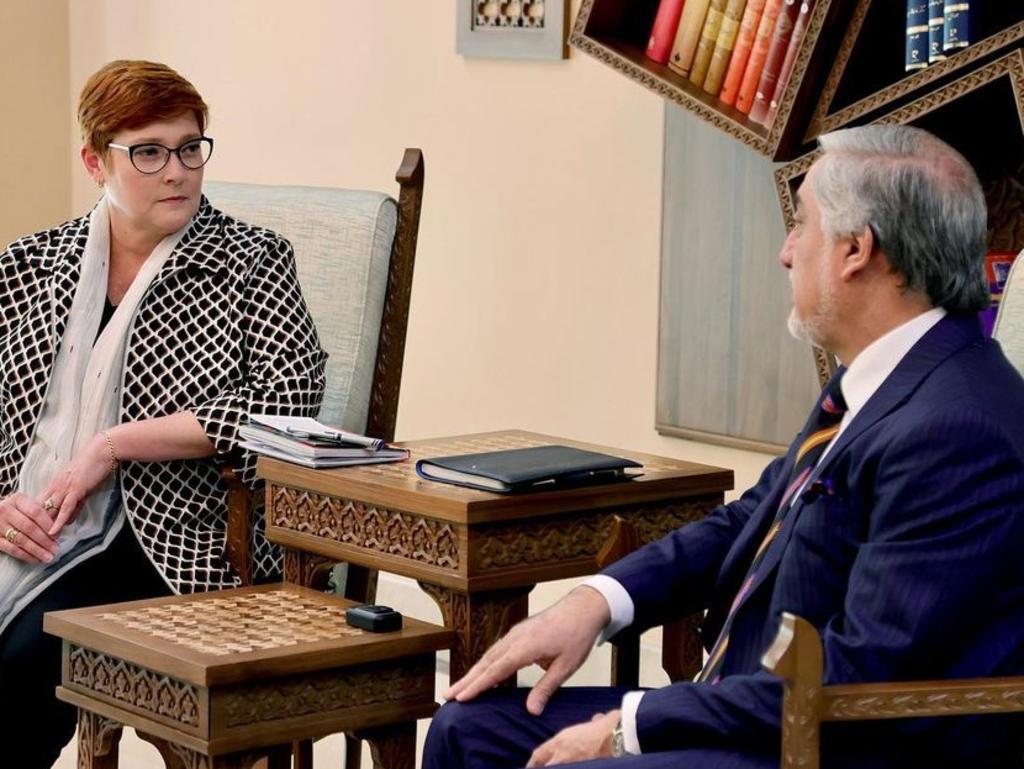
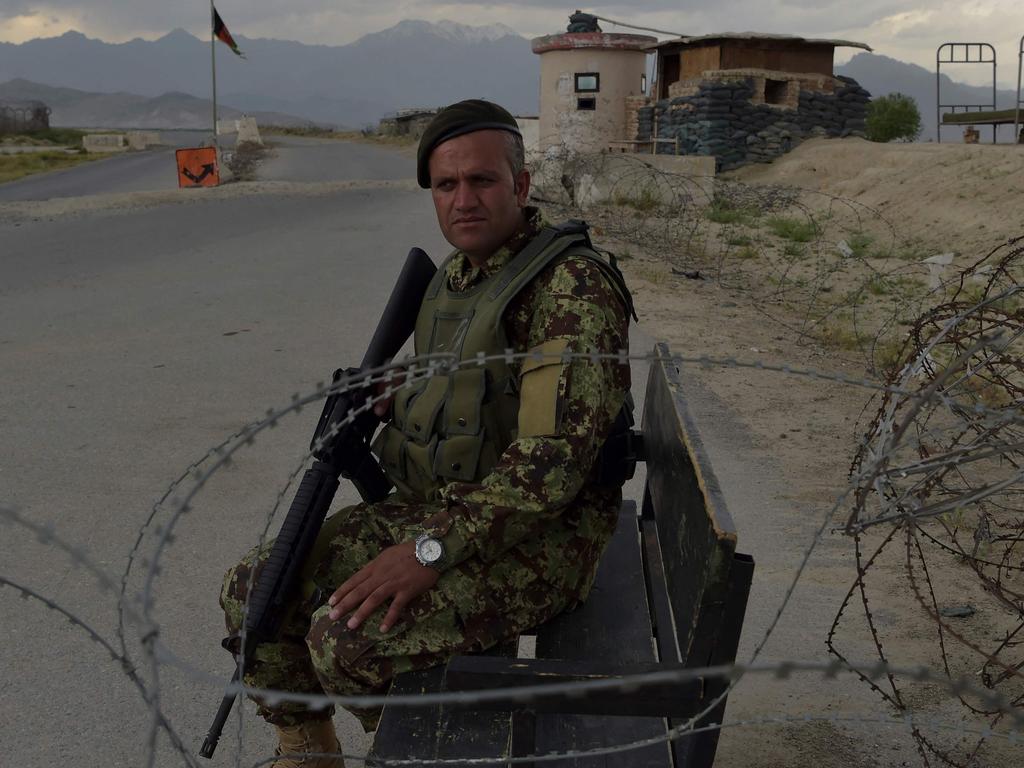


To join the conversation, please log in. Don't have an account? Register
Join the conversation, you are commenting as Logout